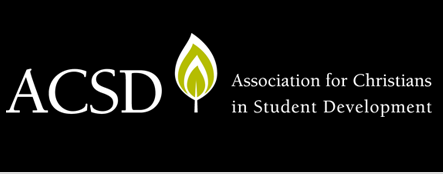Home > Other Collections > ACSD > Growth > No. 12 (2013)
Abstract
In 2009, a research group was formed at Pepperdine University’s Graduate School of Education and Psychology, to explore the competing narratives of women’s lives as they balance their work activities with the demands of marriage and motherhood. The ultimate goal of this project was to understand the work-life balance issues of women in the workforce. This work is now known as the Digital Women’s Project (Weber, 2011) and has collected over 180 interviews of women to explore themes around work-life balance. This phenomenological analysis utilizes a narrative life-course framework created by Giele (2008) to explore identity, relational style, drive and motivation, and adaptive style in order to understand the work-life balance of women. An additional section was added to this framework by the Digital Women’s Project to explore strategies that women implement to succeed at work-life balance (Weber, 2011).
This article describes the research project and findings for the analyses of the data by four in-depth studies. One study focused on the competing priorities of African American women to achieve work-life balance. The second was a study on the role of faith in the lives of women. The third study centered on work-life balance issues and the role of mentoring in a male dominated field, contract management - aerospace industry. The final study analyzed the strategies women in leadership use for work-life balance.
Recommended Citation
Cissna-Heath, Kerri and Weber, Margaret J.
(2013)
"The Digital Women’s Project at Pepperdine University, Graduate School of Education and Psychology,"
Growth: The Journal of the Association for Christians in Student Development: Vol. 12:
No.
12, Article 2.
Available at:
https://pillars.taylor.edu/acsd_growth/vol12/iss12/2
Included in
Educational Assessment, Evaluation, and Research Commons, Educational Leadership Commons, Higher Education Commons, Higher Education Administration Commons, Teacher Education and Professional Development Commons

